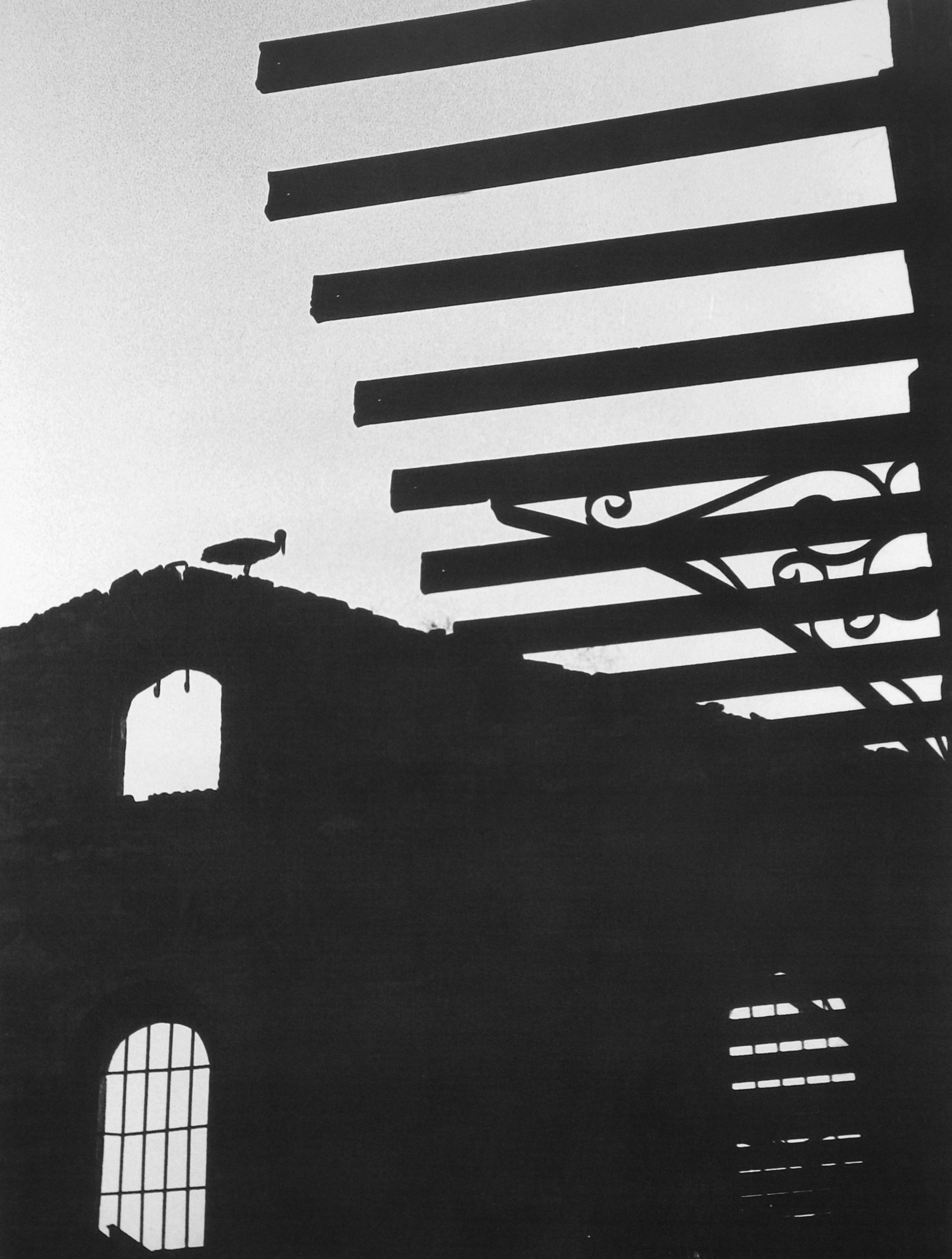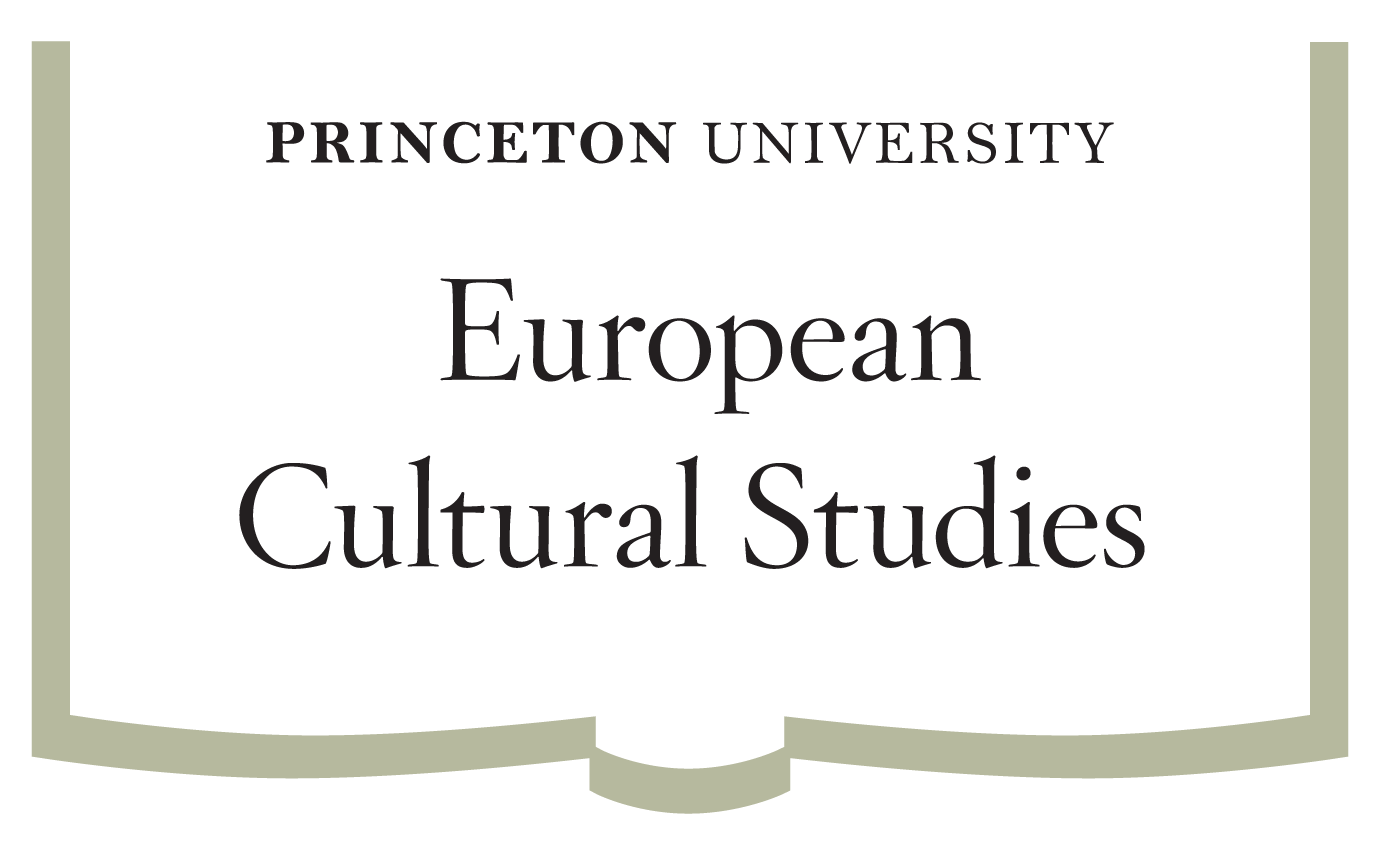
Partitions of Europe and Healing Spaces of Expulsion
Esra Akcan, Cornell University
November 21, 2022 · 4:30 pm—6:00 pm · 219 Aaron Burr Hall
Program in European Cultural Studies; Eberhard L. Faber 1915 Memorial Fund in the Humanities Council

Join us on November 21 for the annual ECS Faber Lecture with Esra Akcan (Cornell University).
This event is free and open to the public. Please RSVP HERE.
Reception to follow the lecture.
This lecture explores architecture’s role in the right-to-heal by defining a healing space as one where violence and violations are confronted, and accountability and reparations are instituted. It shows the role of the designed environment both in the opportunistic responses to crises and in the much-needed debates of accountability, reckoning with the past and transitional justice. The lecture particularly raises the question of harm and healing after mandatory mass migrations during nation-state formations, such as the ones during the dissolution of the Ottoman Empire that partitioned today’s Europe and the Middle East. It argues that the international and national authorities treated land settlement as a top-down demographic engineering device, and its architecture as a technical problem in a post-conflict setting, failing to notice the trauma of mass expulsion, or ignoring the cultural complexity of resettlement. It also discusses the residues of these historical wounds today, by contrasting the state-led religio-nationalist policies to the practice of a handful architects, residents and stonemasons who struggle toward healing through architecture.
Esra Akcan is the Michael A. McCarthy Professor in the Department of Architecture, and the Resident Director in the Institute for Comparative Modernities at Cornell University. Her research on modern and contemporary architecture and urbanism foregrounds the intertwined histories of Europe, West Asia and East Africa, and offers new ways to understand architecture’s role in global, social and environmental justice. She has written extensively on critical and postcolonial theory, racism, immigration, architectural photography, translation, neoliberalism, and global history. Her books include Landfill Istanbul: Twelve Scenarios for a Global City (124/3, 2004); Architecture in Translation: Germany, Turkey and the Modern House (Duke University Press, 2012); Turkey: Modern Architectures in History (Reaktion/Chicago University Press, 2012, with Sibel Bozdoğan); Open Architecture: Migration, Citizenship and the Urban Renewal of Berlin-Kreuzberg by IBA-1984/87 (Birkhäuser/De Gruyter Academic Press, 2018); Abolish Human Bans: Intertwined Histories of Architecture (CCA, 2022). Currently, she is editing Migration and Discrimination (with Iftikhar Dadi) and writing Right-to-Heal: Architecture in Transitions After Conflicts and Disasters.
Funding provided by the Eberhard L. Faber 1915 Memorial Fund in the Humanities Council.












